
OR
Diarrhea outbreak due to utter negligence in water purification
Published On: May 29, 2018 04:30 AM NPT By: Devendra Basnet
Over 1,500 affected
DANG, May 29: In the summer of 2004, an outbreak of diarrhea claimed three lives and affected nearly 400 people in Patetakura of Shantinagar Rural Municipality, Dang. The reason behind the outbreak was the distribution of contaminated water. Fourteen years later, the locals have been struggling with the same disease and the cause is no different. Fortunately, no one has died of the disease so far. But the number of patients is significantly high this time.
Until Monday evening, over 1500 locals of ward no 3 and 4 of the rural municipality were affected by the outbreak. According to Hari Pun, in-charge of Shantinagar Health Post (SHP), the number of patients is continuously rising. The contaminated water distributed from Mailipani was the reason behind both the outbreaks. Interestingly, the outbreak has affected the locals of the same place this time too.
As the water from Mailipani became insufficient for the locals, they were supplied water from the nearby river without processing it. That ultimately resulted in the outbreak. "We found that the locals were distributed water directly from two of the rivers," said Tilak Neupane, an engineer of the District Drinking Water and Sanitation Division (DDWSD), adding, "That was the reason behind this whole problem. But now, we have removed the pipes connected to the rivers."
According to Neupane, it is compulsory to use chlorine in the drinking water tanker on a regular basis to kill the bacteria. But, in the tanker of Shantinagar, chlorine is used only once a week. It has been found that there has been utter negligence in the purification and distribution of water in other places too. DDWSD fears that the outbreak might spread to other villages too. "Locals of other villages too have been relying on contaminated water and are not out of risk," said Neupane. Most drinking water projects have been supplying contaminated water in a bid to provide sufficient water.
Ghanshyam Pokhrel, chief of the District Public Health office (DPHO) informed Republica that the inspection of drinking water sources has been expedited in various parts of the district. "We found that most water projects have prioritized quantity over quality while distributing water," said Pokhrel. He stated that the water distributed by most of the projects is not safe for consumption.
Usually during summer, drinking water projects supply river water to meet the demand of the locals. "We have directed the consumers committee to rather supply water only once a day but not play with the health of the locals," said Pokhrel. DDWSD has urged the locals to boil water before drinking it but in the summer people hardly do that.
As many as 419 patients had reached SHP for treatment until Saturday evening. But the number of patients doubled on Sunday with the addition of 802 new patients. But the number of patients climbed to 1555 by Monday evening. Comparatively, fewer patients were admitted on Monday. "If we consider the number of patients on Monday, we can say that the outbreak has been brought under control to some extent," said Pun.
With the objective of controlling the outbreak, the drinking water tanker was emptied and refilled with clean water. Doctors of the Tulsipur-based Rapti Zonal Hospital, Rapti Sub-Regional Hospital and a team of Nepal army doctors have been coordinating with the health workers of SHP for the treatment of the patients.
You May Like This

Diarrhea outbreak leaves over 160 bed-ridden in Gulmi
GULMI, April 28: The entire village of Dajakot, Musikot Municipality-4, in Gulmi has been suffering from a diarrhoea outbreak since... Read More...
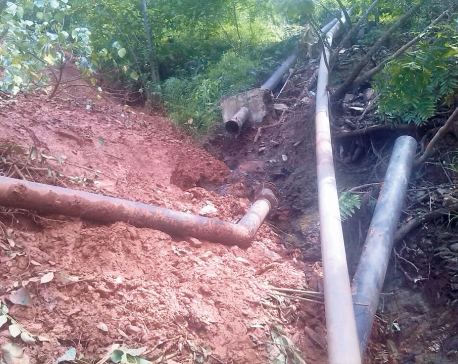
60,000 locals of Baglung deprived of drinking water as landslides destroy water pipes
BAGLUNG, July 13: Locals of Baglung bazaar at the district headquarters are facing severe drinking water shortage for the past few... Read More...

Diarrhea outbreak grips Jamuni Madhepura village
RAJBIRAJ, Sept 15: An epidemic of vomiting and diarrhea has gripped the Jamuni Madhepura VDC-2 in Saptari for the past... Read More...
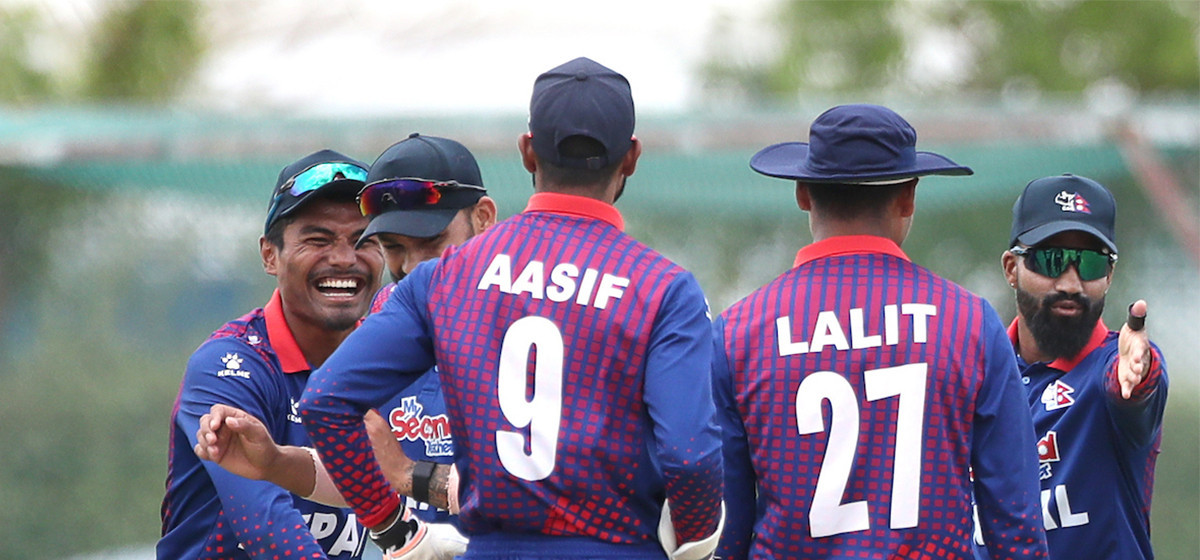





Just In
- CM Karki to Speaker: Resolution motion for vote of confidence unconstitutional
- EC reminds all for compliance with Election CoC
- 13 killed, several injured after strike at Al-Maghazi refugee camp in Gaza
- NA team leaves for Solukhumbu to launch Clean Mountain Campaign
- Airee holds 11th position in ICC updated ranking for all-rounders
- Tension mounts in Biratnagar following clash between two communities during Ram Nawami rally
- 76-km solar fence placed to mitigate human-tusker conflict in Jhapa
- Nepal secures semi-final spot with thrilling victory over Saudi Arabia







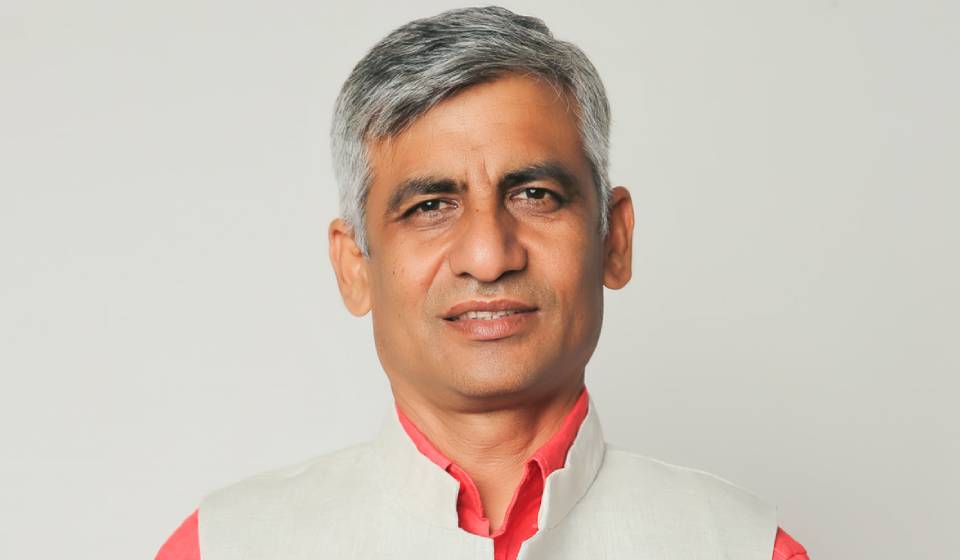
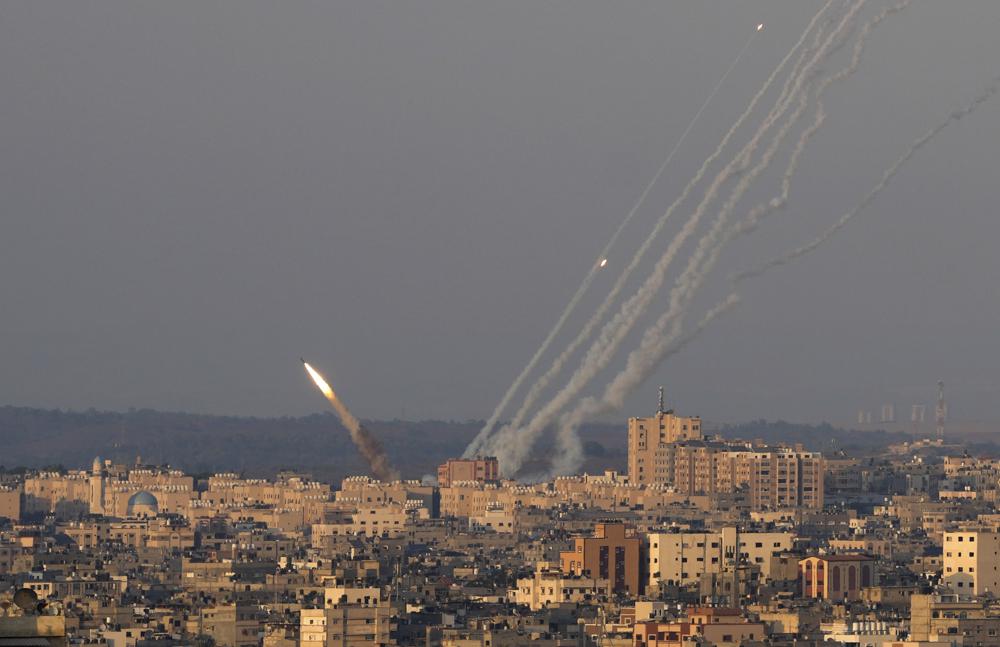
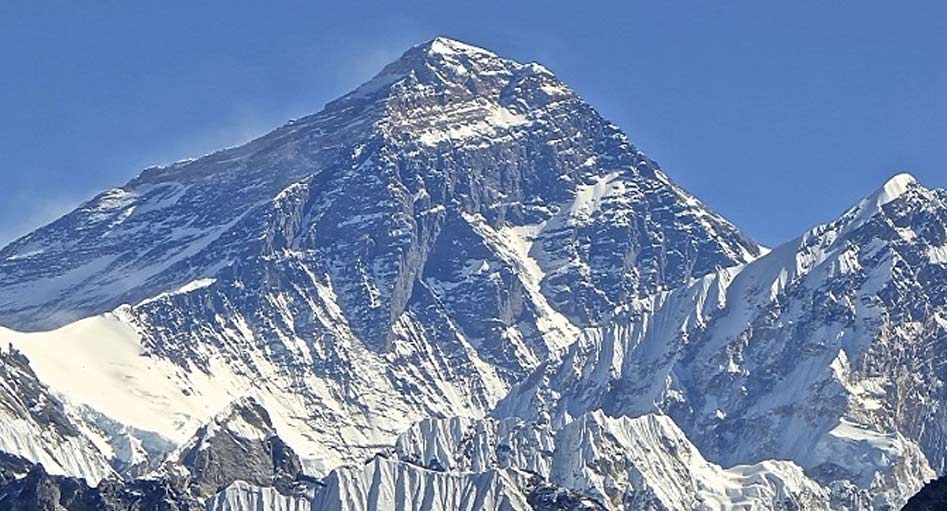


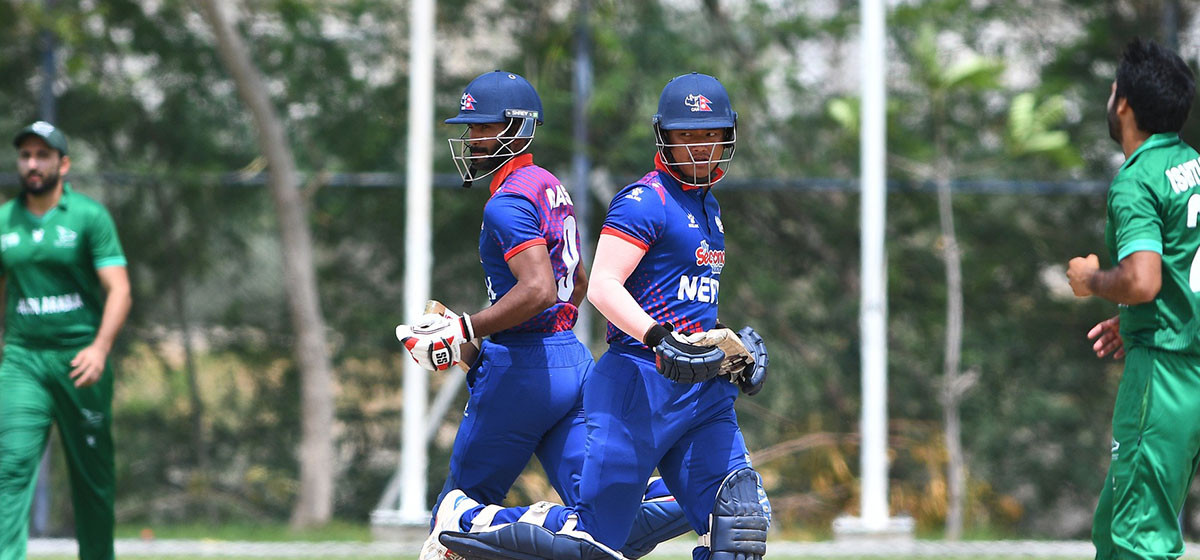
Leave A Comment